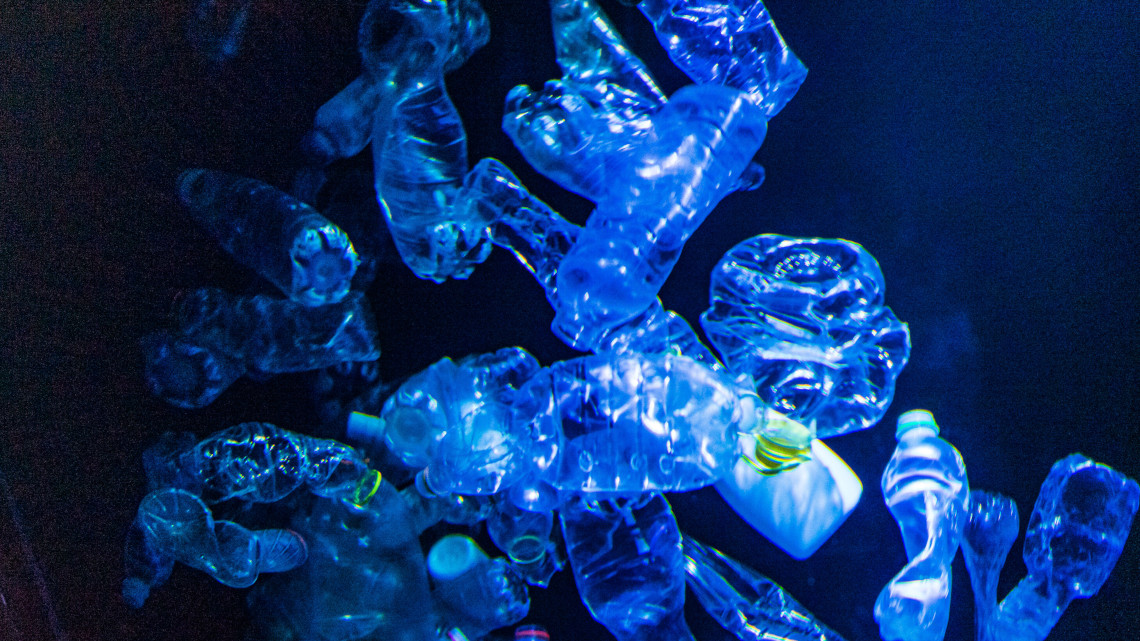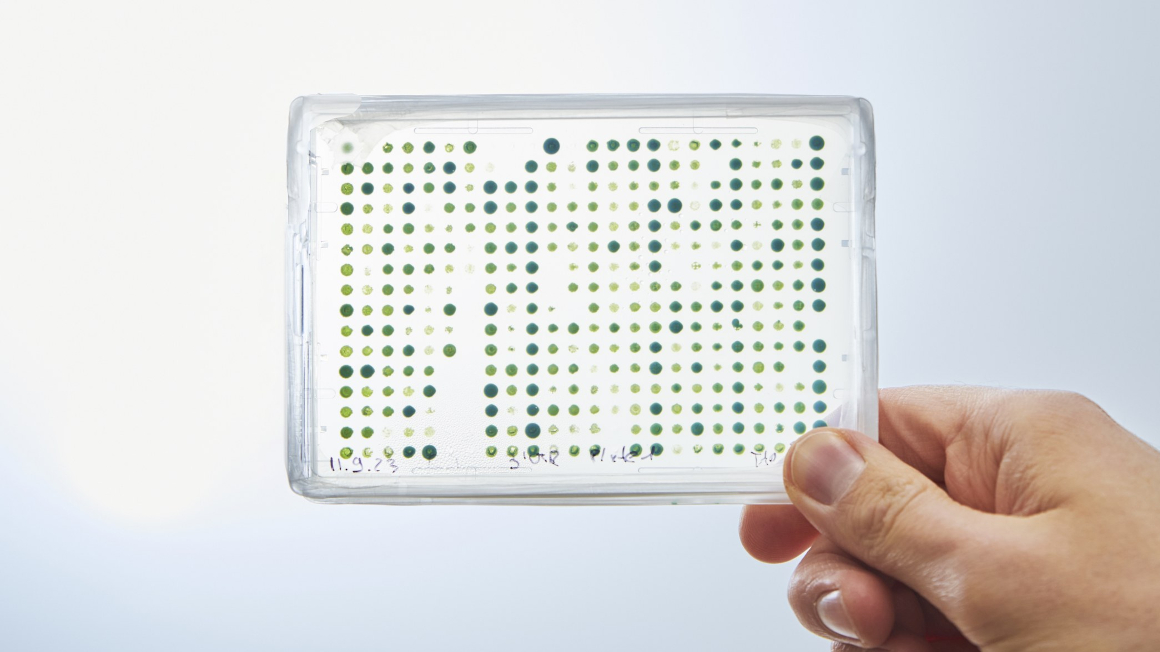Scenarios for microbial plastic recycling
Researchers have formulated six principles for getting plastics back into the cycle - because progress in microbial recycling is currently only being made with PET.

Objects made of plastics last extremely long. The obvious advantage of longevity is also a problem, as the material, which consists of fossil raw materials, has been proven to pollute the environment. The problem is microplastic particles, which are created by decomposition and can travel long distances. They are now found everywhere - in the soil, groundwater, sea and the food chain. Recycling plastics and returning the material back into the cycle is an alternative way to get the plastic problem under control without wasting the material. So far, however, only a small proportion of all plastics in this country is recycled, because the processes are very costly.
Microbial plastics recycling in test
New biotechnological processes could provide a solution to this problem. The focus is on enzymes and microorganisms that are able to degrade certain plastics. A team has now examined the state of research into the biotechnological recycling of plastics more closely and at the same time formulated strategies for a biobased recycling economy. The focus of the investigation was on biotechnological processes with microorganisms that use degradation products from plastics as a food source to form valuable products - resulting in so-called "up-cycling". The plastic waste fed came from both oceans and households.
Limited progress in PET recycling
As researchers report in the journal Nature Catalysis, progress in microbial plastic recycling is currently still limited. "While highly efficient enzymes have already been discovered and improved for the widely used plastic polyethylene terephthalate (PET), which enable economical recycling, there has been hardly any significant progress for most other plastics to date," explains Uwe Bornscheuer from the University of Greifswald.
As early as 2016, researchers from Japan found a bacterium capable of decomposing PET. "Unfortunately there are also a number of publications that raise false hopes. For example, some reports on plastic-eating insects lack scientifically sound evidence," argues Ren Wei, who heads a junior research group at the Institute of Biochemistry in Greifswald.
Strategy for future recycling management
The decomposition of plastics can take up to 450 years. However, according to the researchers, processes that accelerate this process should vary according to their use. "We have to distinguish between two aspects: Plastics that we deliberately release into nature, such as mulch film for agriculture, must be able to biodegrade very quickly - within weeks or months. For durable plastics we need a medium-term solution. Degradation should be ensured within a few years - instead of hundreds of years as is currently the case".
According to the experts, the return of plastics to the recycling economy should therefore follow six principles: reconsider - reject - reduce - reuse - recycle - replace. The authors of the study also recommend a lively debate on how to achieve a recycling economy for plastics in the near future. The study was conducted as part of the MIX-UP joint project and was funded by the European research program Horizon 2020. The University of Greifswald, the RWTH Aachen, the Fraunhofer Institute UMSICHT and the University College Dublin were involved in the project.
bb


